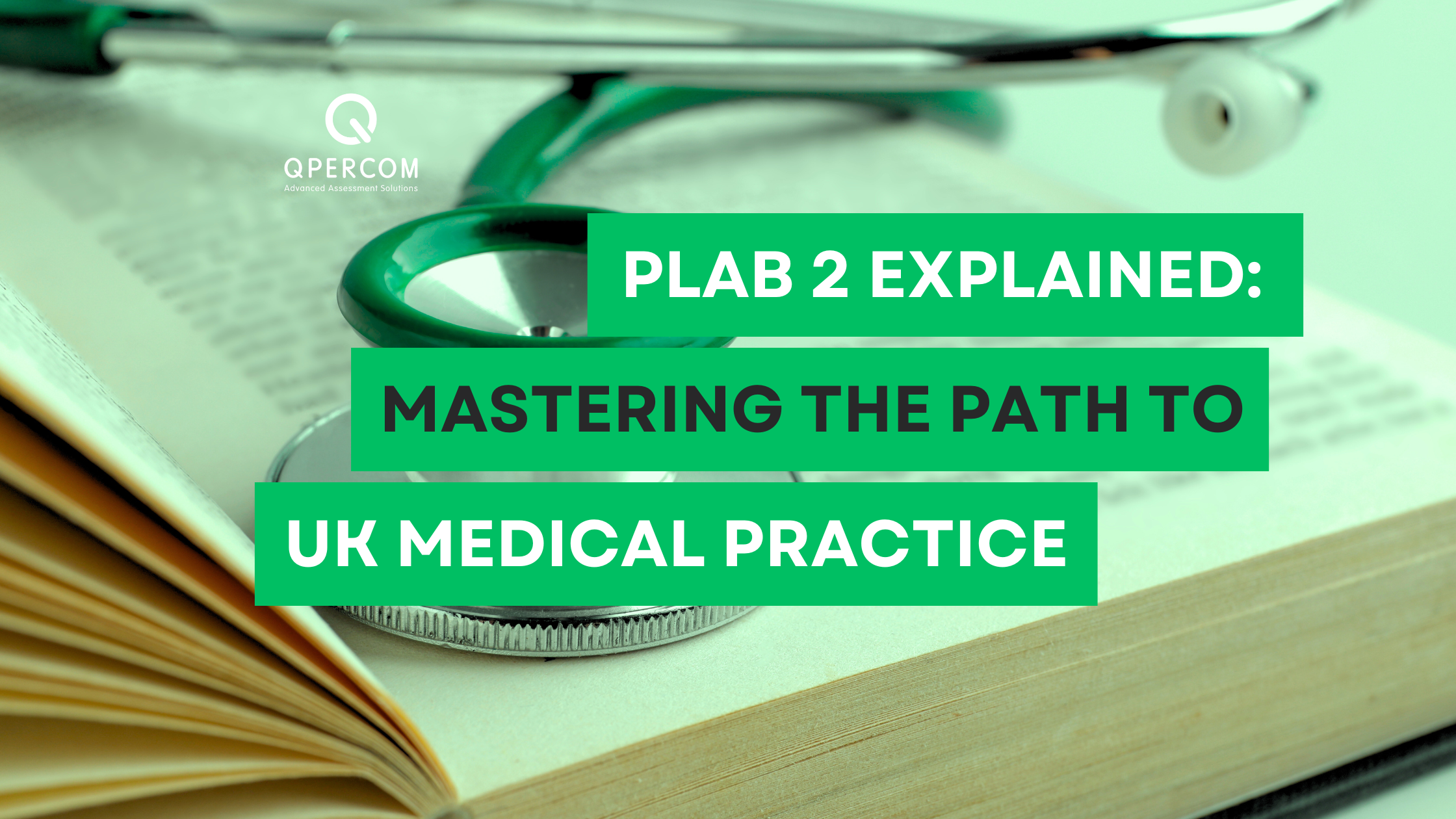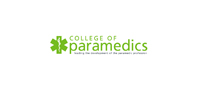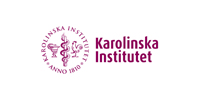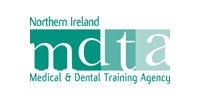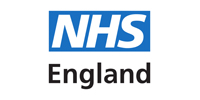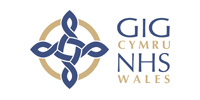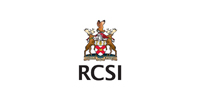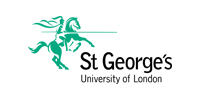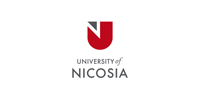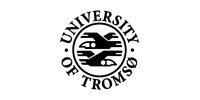For many aspiring doctors, the PLAB 2 exam (Professional and Linguistic Assessments Board) represents a significant milestone on the journey to practicing medicine in the UK. This comprehensive guide will provide you with all the information and strategies you need to navigate this important stage and succeed.
What is PLAB 2?
PLAB 2 is a practical, objective, structured clinical examination (OSCE) that evaluates a candidate’s ability to apply medical knowledge in real-life scenarios. It tests skills such as communication, clinical examination, and patient management through 18 separate scenarios.
Why is PLAB 2 Important?
Passing PLAB 2 is crucial for international medical graduates as it demonstrates your capability to practice safely and effectively in the UK’s healthcare environment. The exam is designed to ensure that overseas-qualified doctors possess the same skills and knowledge as their UK-trained counterparts entering the second year of the Foundation Programme.
How much does it cost?
There are a number of costs involved in registering with the General Medical Council (GMC). Attending and completing the PLAB 2 exam is one of those for non-UK trained medical professionals. The current exam cost is £981 (as of April 2024 – March 2025) and is reviewed annually.
Breakdown of the PLAB 2 Exam
During the exam you will demonstrate the following skills:
1. Clinical Examination and Procedures:
- Candidates must demonstrate proficiency in various medical procedures and physical examinations.
- These stations assess practical skills, accuracy, and adherence to clinical guidelines.
2. History Taking and Communication:
- Effective communication and the ability to extract relevant medical history are evaluated.
- Candidates must show empathy and build rapport with simulated patients.
3. Diagnosis and Management:
- Formulating differential diagnoses and creating management plans is a critical component.
- You are tested on your ability to synthesise information and provide appropriate patient care.
4. Technical Skills:
- Stations will cover technical and practical skills in a simulated clinical setting.
- Efficiency and accuracy in performing clinical tasks are key.
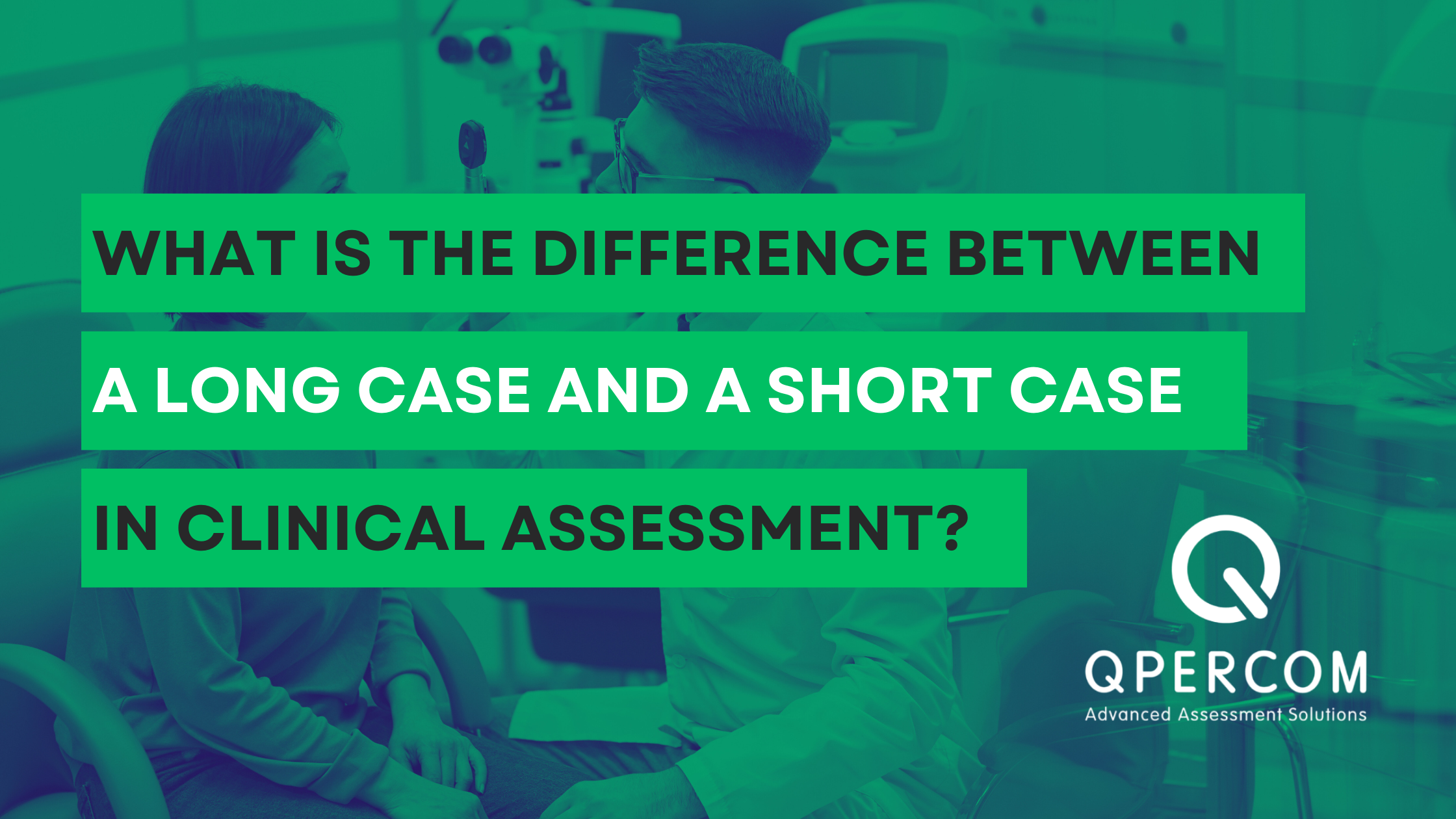
“Failing to prepare is preparing to fail.”
Preparing for PLAB 2
As with any clinical examination, thorough preparation is vital for success. Here’s how you can set yourself up to excel in PLAB 2:
Study Strategy
- Understand the Format: Familiarise yourself with the structure and timing of each station.
- Clinical Practice: Engage in hands-on clinical practice in environments similar to the exam setting.
- Resource Utilisation: Use varied resources, such as textbooks, online courses, and video tutorials and focus on commonly encountered cases and scenarios.
- Mock Exams: Participate in mock exams to simulate the test environment.
Essential Skills
- Communication: Develop strong communication skills that emphasise clarity, empathy, and active listening.
- Clinical Knowledge: Stay updated with current medical practices and guidelines.
- Time Management: Practice scenarios under timed conditions to build efficiency.
- Analytical Thinking: Work on your ability to quickly analyse clinical scenarios and make decisions.
Common Challenges and How to Overcome Them
- Stress and Anxiety: Techniques such as deep breathing and visualisation can promote calmness.
- Cultural Differences: Be aware of cultural differences in patient interactions and healthcare approaches.
- Language Barriers: Proficient English communication is essential.
- Resource Overload: Select a few reliable resources and stick to a structured study plan.
Feedback and Continuous Improvement
- Seek Feedback: After mock exams or practice sessions, ask for detailed feedback.
- Self-Assessment: Reflect on your performance regularly.
- Track Progress: Keep a record of your practice results and improvements.
Resources and Study Material
- Join Study Groups: Discussing with peers can uncover different perspectives and solutions.
- Attend Workshops: Attend PLAB 2 preparatory workshops to learn more about specific techniques and approaches from experienced trainers.
- Online Platforms: Utilise forums, discussion boards and webinars for tips and shared experiences.
- Books and Guides: Leverage PLAB preparation books that focus on OSCEs and clinical skills.
Real-Life Scenario Practice
- Acute Care Situations: Practice scenarios like myocardial infarction management or handling anaphylaxis.
- Chronic Conditions: Scenarios may involve managing long-term conditions such as diabetes or hypertension.
- Mental Health: Practice empathetic history taking and formulation of care plans for conditions like depression or anxiety.
- Paediatric Cases: Simulate scenarios that involve common paediatric issues and discussions with parents.
- Ethical Dilemmas: You may encounter situations involving consent, confidentiality, or end-of-life care.
Conclusion
Preparing for the PLAB 2 exam is a journey that encompasses not just clinical knowledge but also the demonstration of soft skills and cultural understanding. While daunting, this challenge is surmountable with structured study, practical experience, and a focus on continuous self-improvement.
Approaching PLAB 2 with a clear, dedicated strategy and a calm, confident mindset will enhance your ability to succeed. Remember that each stage, whether it’s practice sessions, mock exams, or the actual test – is an opportunity to learn and grow as a future healthcare professional in the UK.
By investing your efforts into mastering the skills and knowledge required, you’ll be well on your way to achieving your goal of practicing medicine in the UK, ensuring not only your success but the well-being of your future patients. Good luck, and we hope this guide serves you well on your PLAB 2 journey.

